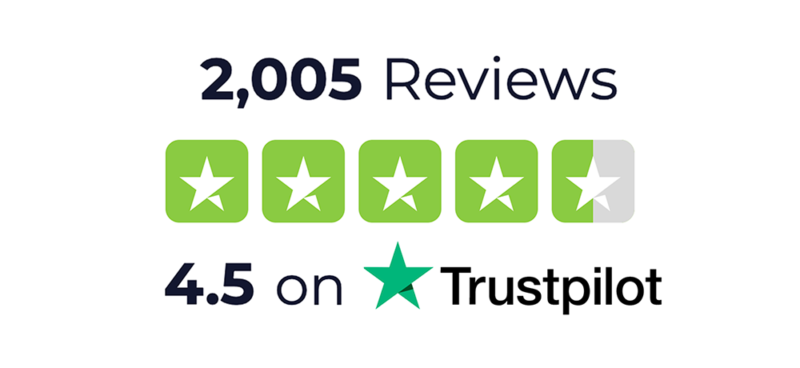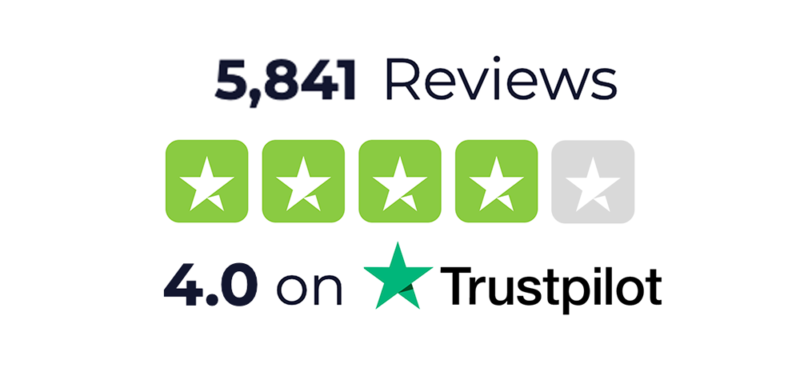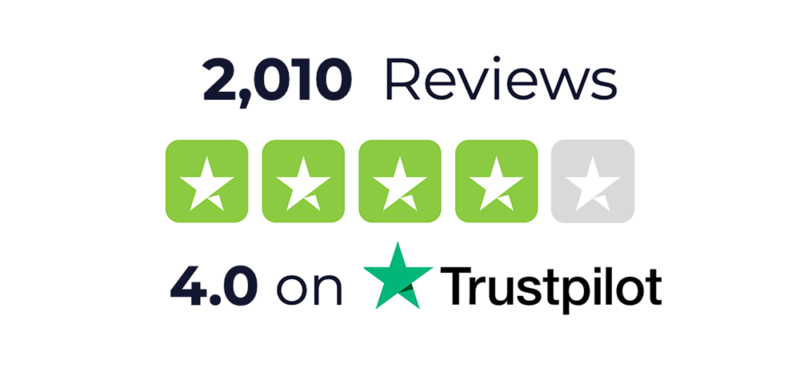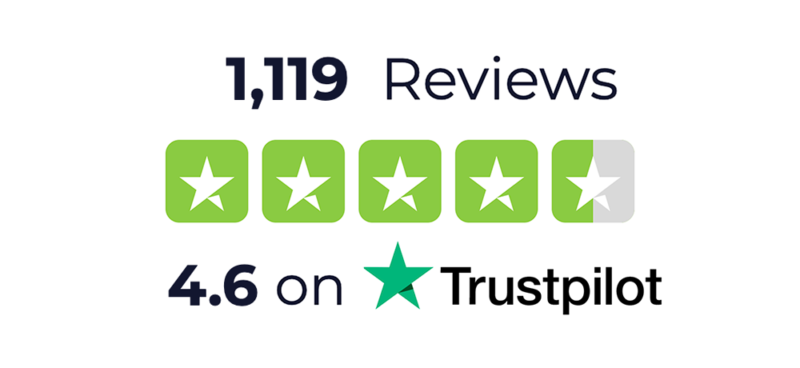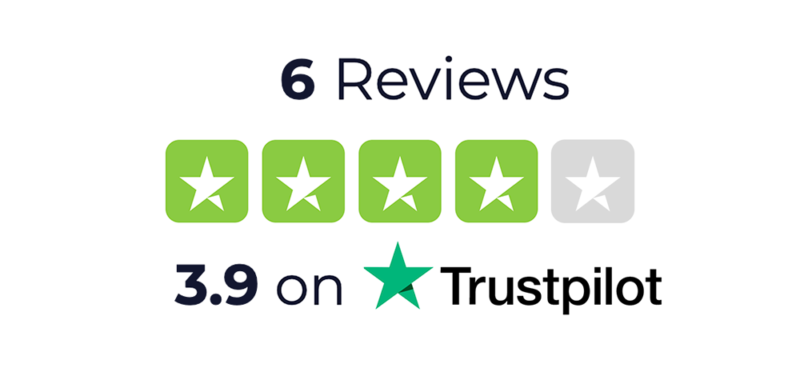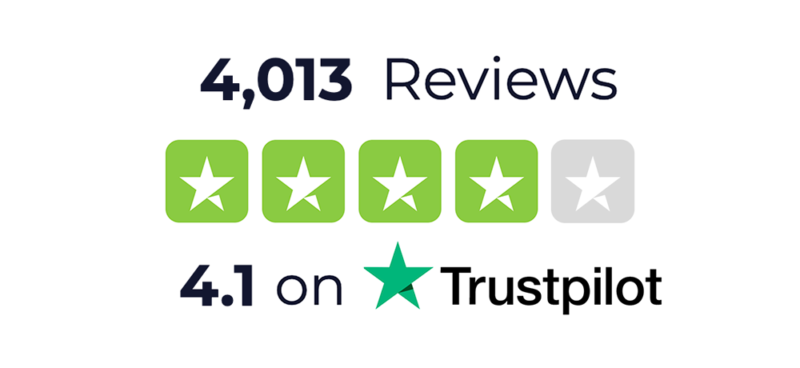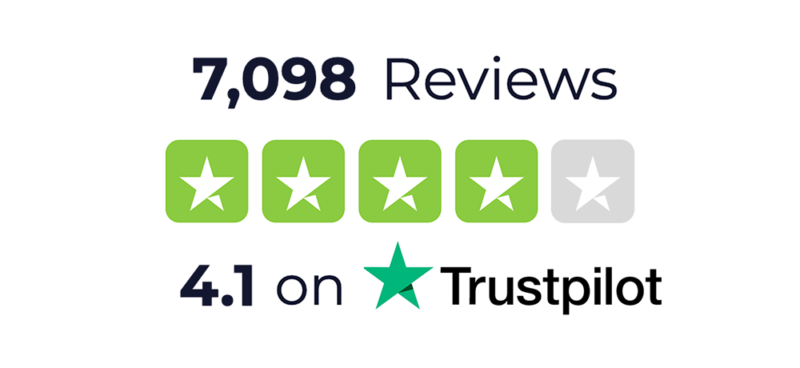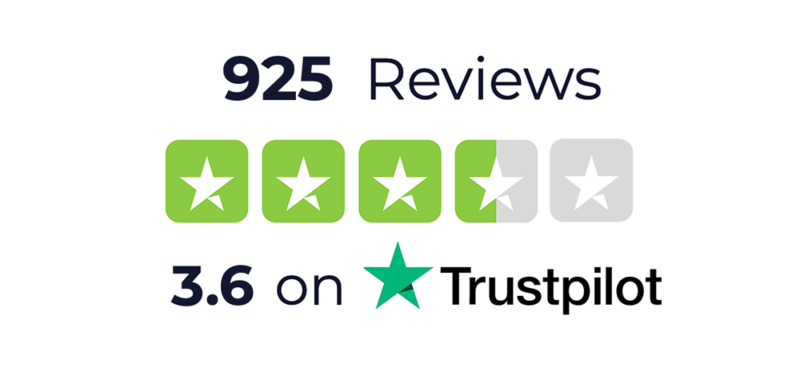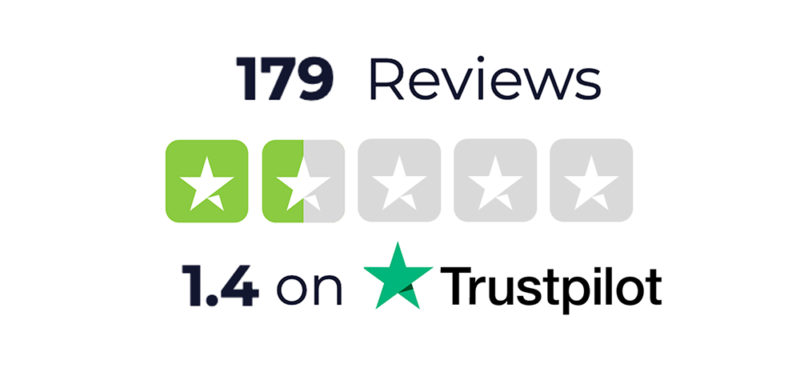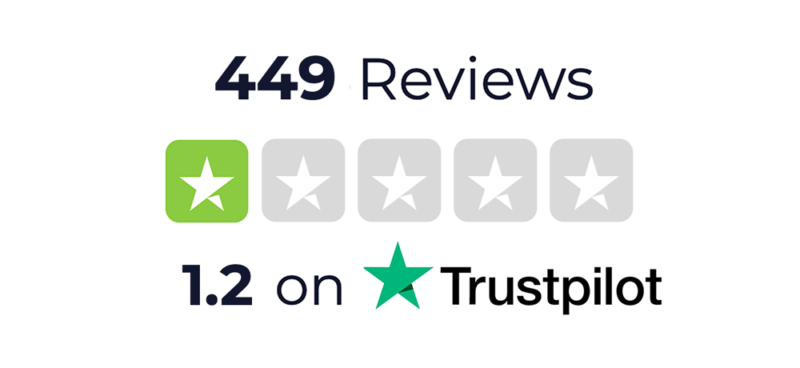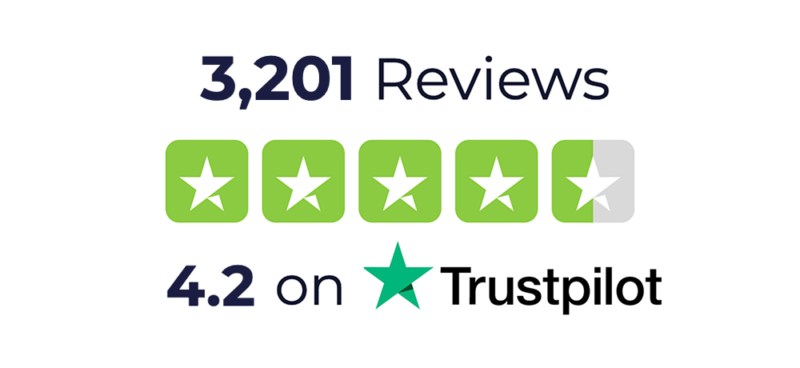Ranking Methodology
We ranked the best pet insurance policies based on a variety of important factors including the following:
- Firstly, the "average plan cost" shown above is based on the national average of all breeds of dogs and cats using a 2 year old pet with a $500 deductible for the quote
- Below are all the zip codes we used to get the national average prices for each pet insurance provider: AL (35206) | AK (99516) | AZ (85050) | AR (72205) | CA (90210) | CO (80238) | CT (06105) | DE (19904) | FL (33155) | GA (30331) | HI (96821) | ID (83712) | IL (60630) | IN (46229) | IA (50317) | KS (66109) | KY (40511) | LA (70112) | ME (04108) | MD (21209) | MA (02136) | MI (48201) | MN (55414) | MS (39211) | MO (63104) | MT (59101) | NE (68154) | NV (89117) | NH (03062) | NJ (07305) | NM (87120) | NY (10022) | NC (27603) | ND (58104) | OH (44102) | OK (73129) | OR (97229) | PA (19128) | RI (02909) | SC (29414) | SD (57108) | TN (38111) | TX (77054) | UT (84104) | VT (05408) | VA (23221) | WA (98108) | WV (25311) | WI (53225) | WY (82009)
- Coverage and benefits
- Key policy details including accidents and illnesses, surgeries, annual check-ups, cancer treatment, lab tests, and more
- AM Best rating of the underwriter
- Reimbursement percentage
- Annual benefit amount
- Technology and user experience
- Ease of sign up
- Policy language clarity
- User reviews
- Claim satisfaction




